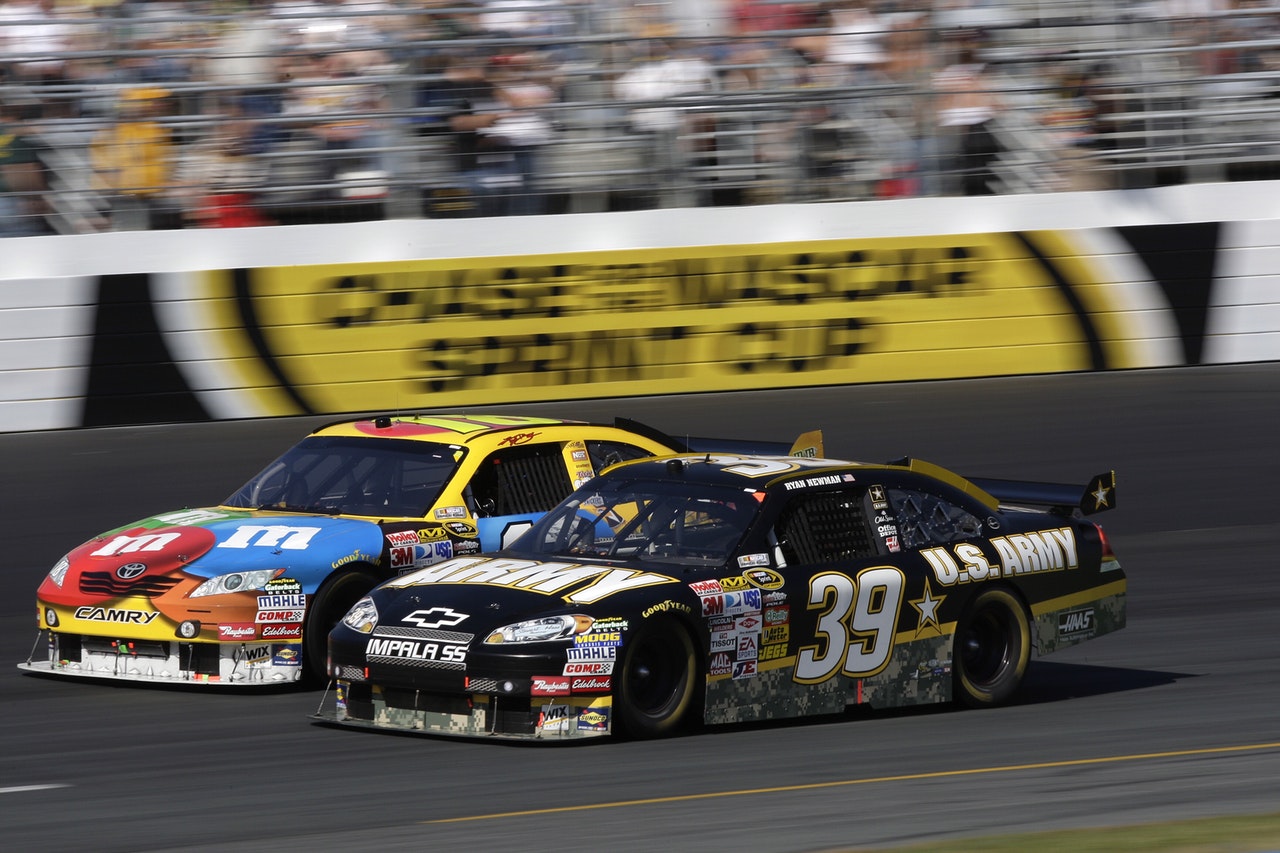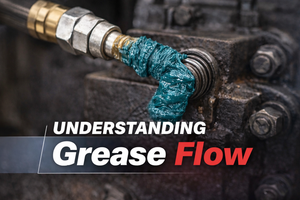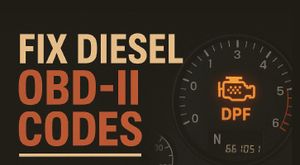All About Alcohol-Powered Racing Cars
By on Nov 27 2017

Alcohol has been used as a means of fuel for a long time. Butanol, ethanol, methanol, and propanol can be chemically or biologically synthesized and can be used in internal combustion engines.
Racing cars are among the engines that thrive on alcohol-based fuel, but why? What exactly makes alcohol-based fuels work so well?
What is alcohol-based fuel?
Both methanol and ethanol can be created a few different ways including from biomass, fossil fuels, or carbon dioxide and water these two alcohol-based fuel types are easier to produce than butanol and propanol fuels.

Ethanol is often produced through a fermentation process, while methanol is often produced from synthesis gas. These can be dangerous if not handled properly and those handling alcohol-based fuel wear protective gear.
Sunoco is the official fuel of NASCAR , and they developed a special fuel, Sunoco Green E15, which contains 15% ethanol by weight.
Their fuel is blended specifically for high-performance, and its name is inspired by its green color. Its high ethanol content means it's important to ensure that no water mixes with the fuel this can cause engine and performance problems for drivers.
Why do race car drivers love it?
Most race car drivers prefer fuel that is methanol- or ethanol-based, and the reason is simple, really. Overall, alcohol-based fuel has a high octane rating which increases fuel efficiency.
Methanol burns cleaner and cooler, is less flammable, and less expensive than gasoline. While methanol gets fewer miles per gallon than gasoline, it has that higher octane level.
Race car engines are different than those in a regular car. They are built to get more power out of fuels with less energy. How? They adjust their air to fuel ratio.
Methanol also conserves heat inside an engine better than gasoline can. An intercooler isn't needed as much in cars running on methanol, which makes its performance in turbocharging and supercharging superb.
On the other hand, ethanol was slowly introduced to the mix in 2006 when Indy Racing League officials blended 10 percent ethanol to the methanol they were using in race cars. In 2007, they started using 100% ethanol.
Ethanol is completely renewable and reduces greenhouse emissions by 59%. The switch to this type of fuel by NASCAR reduced the amount of fuel used by 20,000 gallons in one year.
Pistons in a race car engine can travel a mile a minute, and high octane helps to reduce engine knocking and pinging.
Sources:
https://en.wikipedia.org/wiki/Alcohol_fuel http://www.hotrod.com/articles/ctrp-1201-alcohol-fuel-basics/ https://www.fuelfreedom.org/hot-rod-explains-race-car-drivers-love-methanol/ http://thinkbioenergy.com/why-professional-racecar-drivers-choose-ethanol/ https://www.sunoco.com/sunoco-racing/nascar/






